|
Naturalist, lived-in, and minimalist in its designs, Life and Nothing More is a potent reflection on life under the poverty line, weaponizing the coming of age narrative to deliver a genuine study of the socio-economic anxiety exemplified its main protagonist, a character whose fate feels predestined due to the environment in which he inhabits. Life and Nothing More is supremely well balanced, a film which doesn't feel reliant on making any type of deconstruction, instead it opts to simply be a reflection on this way of life and systemic challenges it presents against a better future. A film which doesn't make excuses for its characters nor one which denies structural problems, Life and Nothing More is a genuinely great drama void of sentimentality or forced thematics.
0 Comments
Roma is a film that feels stuck between two cinematic works, where its naturalist reflection on the epoch is sometimes at odds with its narrative driven, dramatic string-pulling ode to the director's memory of his past. While this is perhaps a bit of an overstatement, the main protagonist Cleo, feels more like a vessel for reflection of the director's memory than a developed character, something that wouldn't be a problem if the film wasn't driven by these narrative dramatic beats. Cleo is passive but that's not the problem, it's more that she is a reactionary character, having no agency, as the film shows little interest in exploring the contractual relationship, or should I say how the authority principle pertains to her situation. Everything about this character is interior-facing, yet when she does engage or react to the exterior it is a signal that this is an "important" moment, often driving the film forward in a didactic way. With that said, the film is largely convincing in establishing that this relationship between Cleo and the family for whom she works is not one driven by personal interests, with the cultural and personal bond being one that supersedes this master-servant dichotomy. Roma can at times be a surprisingly soulless film but it's aesthetically striking, as Cuaron establishes the epoch of his childhood effectively and without any superfluous exposition. The film has the potential to say so much, yet it opts for the more traditional dramatic chords, unwilling to explore these aforementioned thematic elements, opting perhaps what is a best described as an homage to Italian Neorealism, thought it often lacks the characterization necessary, despite a magnetic performance.
An impressive meditation on loss which illustrates pathos with a cinematic style rooted in efficiency rarely seen in contemporary cinema, Rob Tregenza's Gavagai features a genuine study of the human condition that is elegant, graceful, and emotionally resonant. In what could be regarded as a "simple drama" Gavagai is a marvel of craft and formalism, seamlessly transitioning between objective reality and subjective perception as it details the internal struggle facing its main protagonist, blending surrealistic and supernatural flourishes into a grounded narrative that beautifully expresses the intrinsic nature of memories, impressively capturing this truth in cinematic form. A quiet, elegant tour-de-force drama, Gavagai's slow-burn meditation on loss never succumbs to sentimentality or didactic designs, being an overlooked marvel of a film which captures grief, loss and emotional recovery in a genuine way most films only dream of.
As close to truth as any documentary can hope to be, Robert Greene continues to be one of the few contemporary documentary filmmakers who understands the true nature of documentary filmmaking, one that aims for objectivity while simultaneously acknowledging subjectivity will always exist with any artistic endeavor. Expertly crafted, ingenious, and thematically dense, Bisbee'17 is an hallucinatory experience, a film thats one-of-a-kind formalism blends various elements of documentary into a cohesive, poignant whole. Detailing tragic events from 100 years ago, in which the small mining town of Bisbee was torn apart by a forced deportation, Bisbee captures how such an event continues to linger even a century later, having an effect on the various individuals of the community as well as the collective consciousness. The present informs the past, in what almost feels like a therapeutic experience for the entire town, one in which performance, reality, and recreation lines blur, as these non-actors reenact the deportation, becoming their characters on a psychological level to some degree, as they themselves struggle with the inhumane act of forced deportation. The respect and genuine curiosity which Greene provides to individuals which he clearly disagrees with philosophically should be noticed and practiced by more documentary filmmakers, it is sadly not-to-common. As someone who would identify more as an individualist anarchist or mutualist in today's political discourse, one of the more understated aspects of Bisbee'17 is how it depicts a community of people torn apart by two warring ideologies, and the individuals stuck in between.
Endearing, creative, and ultimately inspiring in its message, Into The Spider-verse is funny from start-to-finish but the laughs never come at the cost of emotional or dramatic resonance. It's a film that manages to offer moments of levity even when its core audience is children under 16, offering an animation style and story that is vibrant, ingenious, and full of dynamism.
The cyclical nature of parental neglect and domestic abuse is displayed with rigor and introspection throughout Minding The Gap, an emotive, observational documentary which profiles the lives of three young men from volatile, broken homes. Like any great documentary, Minding the Gap is a film that evolves as it progresses, beginning as a commentary on the escape which skateboarding provided for these young men from their abusive homes. only to evolve into a much more powerful examination of family, abuse, and identity, detailing how the entry point into adulthood often brings into question one's own self-worth. Even in cinema, where coming of age stories are so prevalent, Minding The Gap stands out.
Internalized homophobia expressed through the campy, sensory aesthetic and formalism of a giallo;. Wish the film would have pushed the envelope even further but Yann Gonzalez's latest does a good job at examining the fine line which exists between pain and pleasure, love and hate, reflecting on the complex, often intertwined relationships which exist between carnal desire, societal norms, and individual pursuit. Showcasing how societal oppression leads to repression of the individual, Knife+Heart is a commentary on sexual liberation, exhibiting how restriction almost always leads to bloodshed and violence, whether it manifests itself internally or externally.
Subversive, emotionally potent, quite cynical, and hilarious, The Favourite embraces the comedic qualities which Lanthimos' subversive sensibilities evoke. Fun to see this idiosyncratic filmmaker operate in the epoch of 18th century England, The Favourite is a diabolically clever, tragic commentary on the tyranny of authority and corrosive nature of power.
A superbly crafted, haunting biopic of Ikki Kita; expressive, impressionistic portrait of a ideologue which focuses more on the psychology of the man than the temporal space he inhabited. Coup d'Etat is a haunting exercise in the trappings of ideology, with the the film being somewhat cynical yet astute in its ability to showcase how these ideals of man and our intrinsic proclivities towards grandeur or utopia, often lead nowhere, lost in the grandoise scope of time.
Not a masterwork by Kenji Mizoguchi but a film which showcases the director's strong sense of systemic oppression in Japanese society, one in which androcentric desires coerce the strong-minded main-protagonist, Ayoko. It's more than a mere "feminist" story, displaying how traditional society and its draconian principles, combined with a creeping materialism, restrict an individuals agency, specifically viewed through the lens of Ayoko, a sharp, well-intentioned woman whose only inevitable flaw is her unwillingness to accept her place in both larger society as a whole, but also among traditional family structures. Temporal yet also spatial, Osaka Elegy juxtaposes Ayoko's story against the larger nation state of Japan, a country which is stuck in the past, choked by tradition and isolation from the larger world.
|
AuthorLove of all things cinema brought me here. Archives
June 2023
|
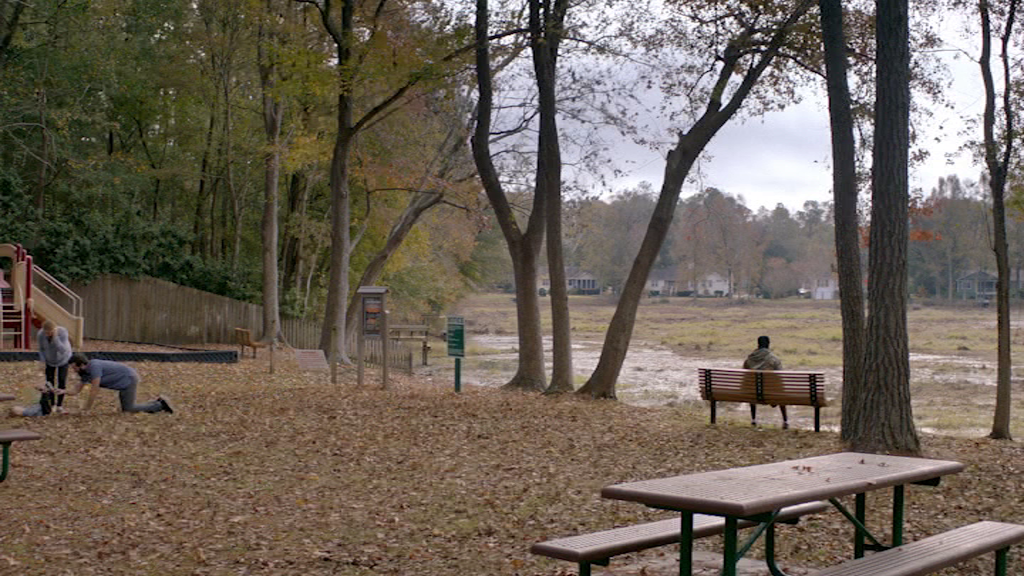
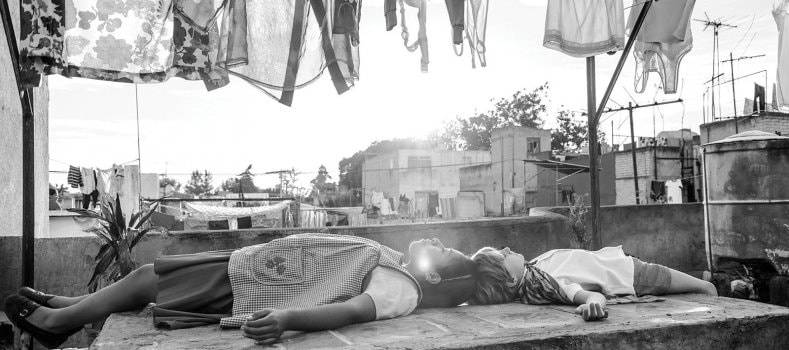
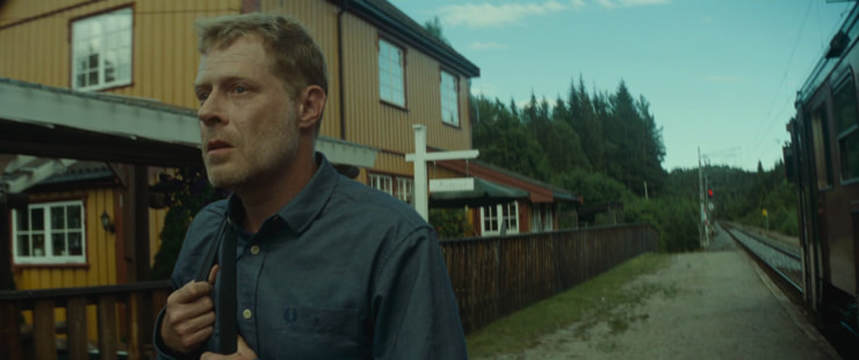
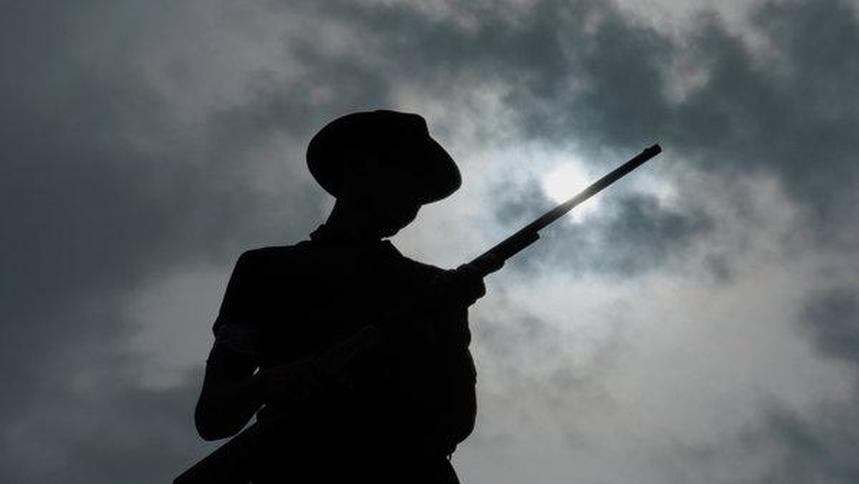
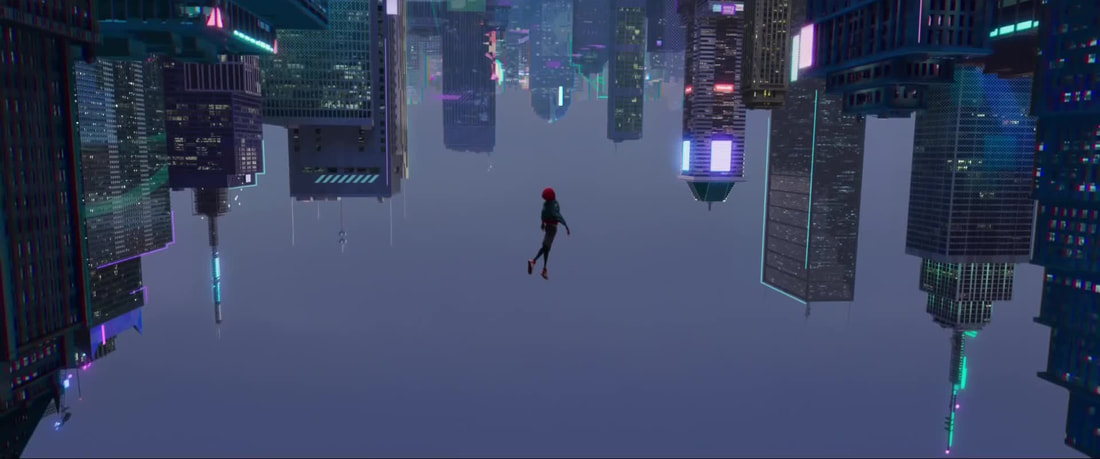
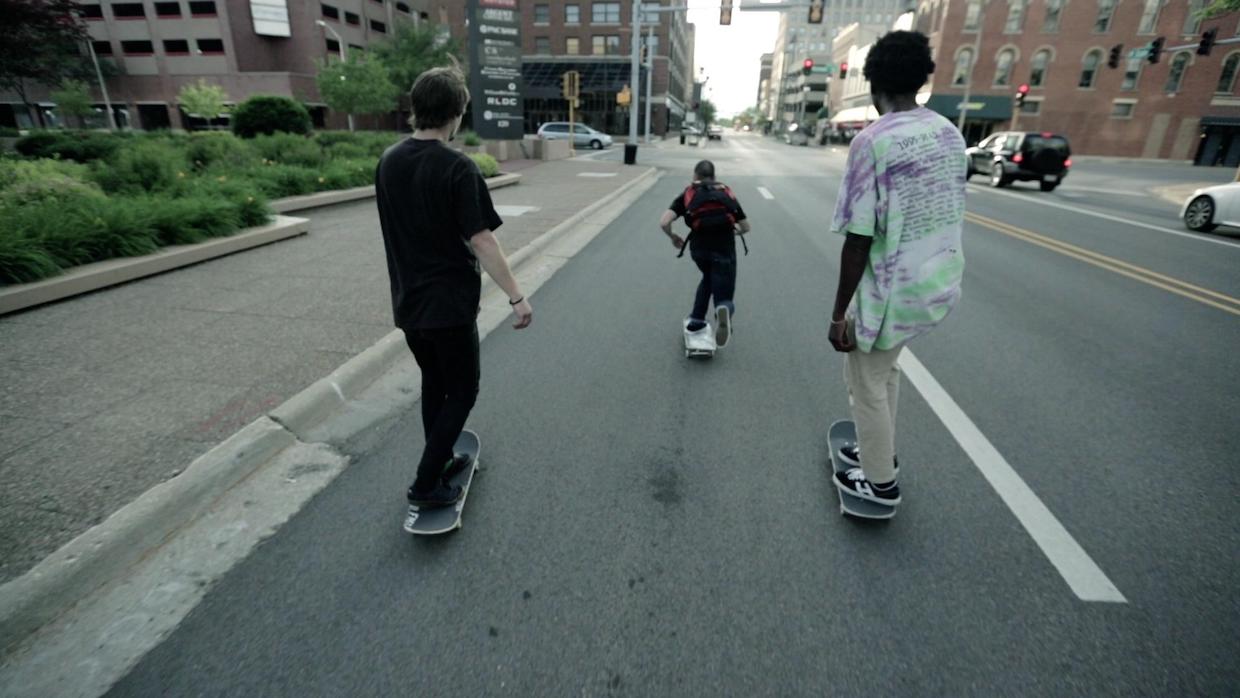
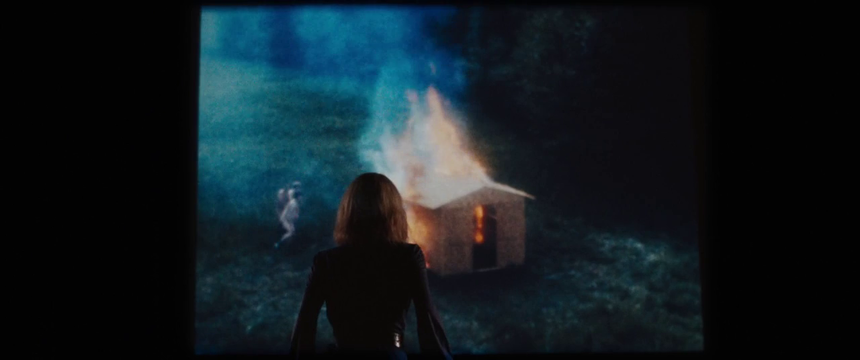
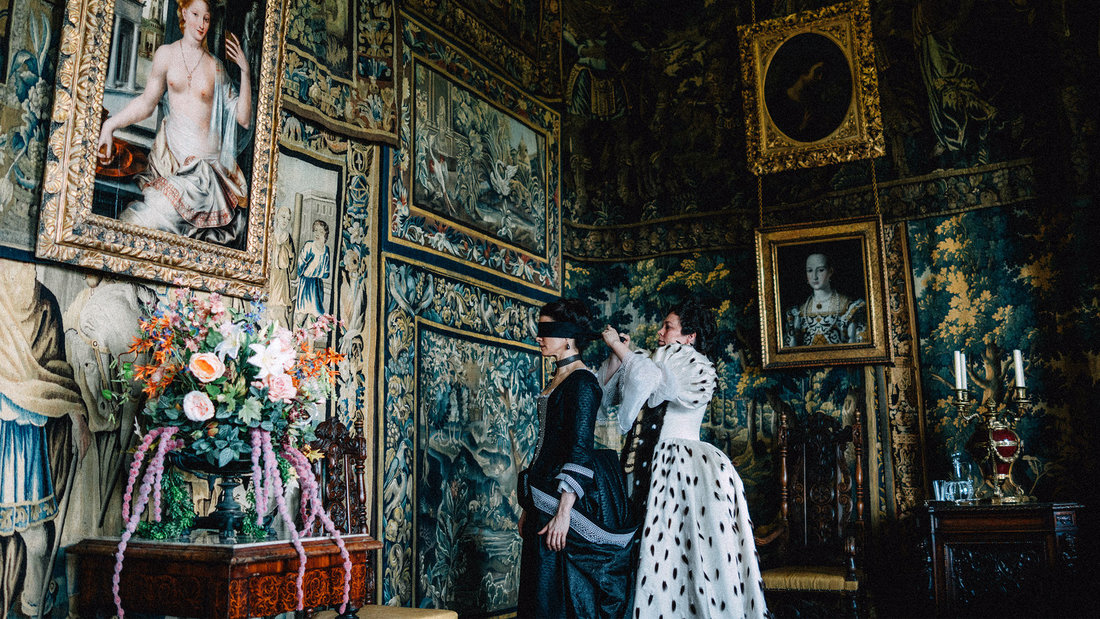
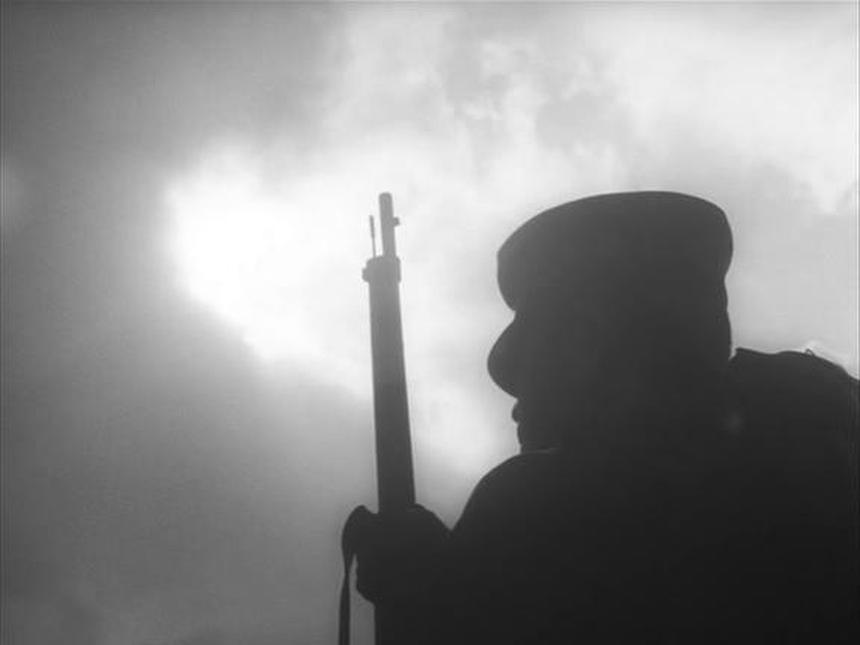
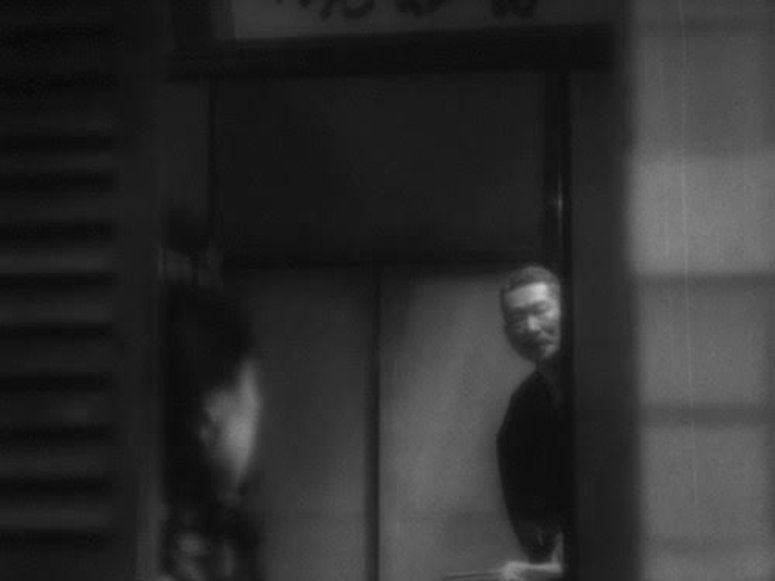
 RSS Feed
RSS Feed
